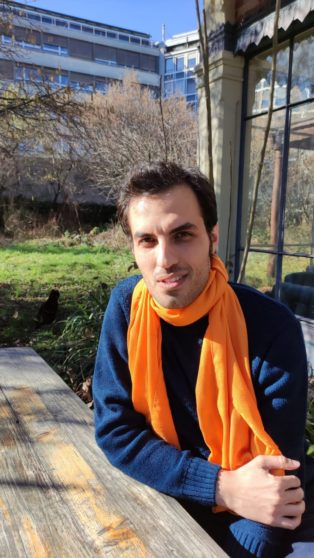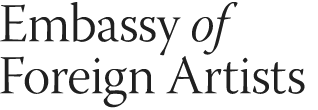Hosein Jalilvand
- ART & CITIZENSHIP
*1989, lives and works in Meymeh, Iran
Residency period : January to March 2022
Independent film critic and maker
In partnership with Storyboard Collective.
Hosein Jalilvand is an Iranian film director-scholar, making documentaries about the intersections of history and cinema. He was born, bred, and now lives back in Meymeh, a small town in the center of Iran. After studying a bachelor’s degree in aerospace engineering, he pursued his long interests in cinema and did a Master’s in Film Studies at the University of Tehran. In 2016, he went abroad for a second Master’s at DocNomads, a European joint Master’s degree in Documentary Filmmaking. For the last three years he, in collaboration with the Georgian documentary filmmaker Nino Gogua, has been developing his debut feature “The Orphan”: an archival documentary that will explore the intertwined histories of colonialism, wildlife, and cinema in Congo.
Statement:
Through colonization, domestication, and husbandry, man has been ridding other animals of their wildness (freedom), consuming and enslaving them as/for food, clothes, cosmetics, medicine, sacrifice, furniture, transportation, and pets. And as if that’s not already enough, the “highly” civilized man entertains himself with them too. No part of them should go to waste. From the bloody Roman spectacles, royal menageries, public zoos, circuses, and animal-baitings to the modern wildlife shows and videogames, wild animals have been imprisoned so that they would entertain their human spectators from a safe distance. As prisoners of the cage since the days of yore, and today’s prisoners of the moving images, non-human animals have been indeed one of the main stage props of human spectacles throughout history.
Made of fragments from colonial cinema, Disney animations, and popular wildlife documentaries, my short film-essay “Panopticon” (to be made at the EoFA) will investigate the role that such cinematic spectacles have played in symbolizing and furthering both man’s dominion over nature and imperialism over indigenous peoples.

Year

